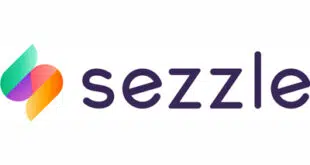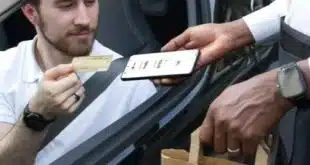By Jim Daly
@DTPaymentNews
The Consumer Financial Protection Bureau on Wednesday announced a consent order that requires Mastercard Inc. and UniRush LLC, program manager of the prepaid RushCard, to pay $10 million in restitution to cardholders and a $3 million civil fine as a result of an October 2015 processing glitch that left tens of thousands of RushCard holders unable to use their cards.
The CFPB also ordered the companies to devise a plan to prevent future service disruptions, and said it will monitor them for compliance.
The glitch happened at mid-month as UniRush was switching from its old processor to Mastercard’s processing system. The RushCard at the time had about 650,000 active users, of which 270,000 received direct deposits on their cards, according to the CFPB. Many RushCard holders use their cards in place of conventional bank accounts.
“In October 2015, a rash of preventable failures by Mastercard and UniRush meant that many customers could not use their RushCard to get their paychecks and other direct deposits, take out cash, make purchases, pay bills, or get accurate balance information,” the CFPB said in a news release. “UniRush then failed to provide customer service to many consumers who reached out for help during the service breakdown.”
In a statement, Mastercard said “we understand the critical role prepaid cards play in how people manage their money.
“Today’s agreement with the CFPB provides RushCard customers adversely affected by the October 2015 event with an opportunity to be further compensated for inconveniences caused during the service disruption,” the statement continues. “We are pleased to bring this matter to a close, allowing us to further enhance the best practices, policies, and procedures for prepaid cards at our Payments Transactions Services business.”
Russell Simmons, the hip-hop artist and DefJam cofounder who started UniRush in 2003 to serve underbanked consumers, said in a statement that “this incident was one of the most challenging periods in my professional career. I cannot thank our customers enough for believing in us, remaining loyal, and allowing us to continue to serve their needs.”
In its own statement, UniRush said “RushCard welcomes our settlement with the CFPB. We maintain that our company did not engage in any wrongdoing, and do not admit to such in our consent order with the CFPB.”
UniRush added that “we believe we have fully compensated all of our customers for any inconvenience they may have suffered through thousands of courtesy credits, a four-month fee-free holiday ,and millions of dollars in compensation. The vast majority of our customers are incredibly loyal and have either remained with us or returned to RushCard. In fact, the last quarter of 2016 marked the largest number of new customer signups in our company’s history.”
The big prepaid card provider Green Dot Corp. announced Monday that it plans to buy UniRush for at least $147 million. The pending deal releases Pasadena, Calif.-based Green Dot from any financial obligation from the CFPB action.
Conversion-related problems cited by the CFPB included inaccurate transfer by UniRush to Mastercard of some accounts, preventing thousands of cardholders from accessing funds stored on their accounts for days or sometimes even weeks, and Mastercard incorrectly suspending 1,100 accounts. UniRush also delayed processing direct deposits for 45,000-plus consumers, and did not process or improperly returned deposits of 2,000 others. The result was that many customers could not access their paychecks or government benefits. UniRush also double-posted some deposits.
In addition, Mastercard did not ascertain that it was sending accurate balance information to UniRush when declining to authorize certain transactions, resulting in some consumers getting information that they had a zero balance when in fact their accounts had funds, the CFPB said. And UniRush did not have a plan to step up customer service when call volumes surged after the glitch, or get new representatives adequately trained to meet demand.
The amount of compensation affected cardholders will get “depends on the particular failure the consumer experienced,” the CFPB said.
It was not immediately clear how much of the $10 million in compensation and $3 million fine each company would be responsible for.





